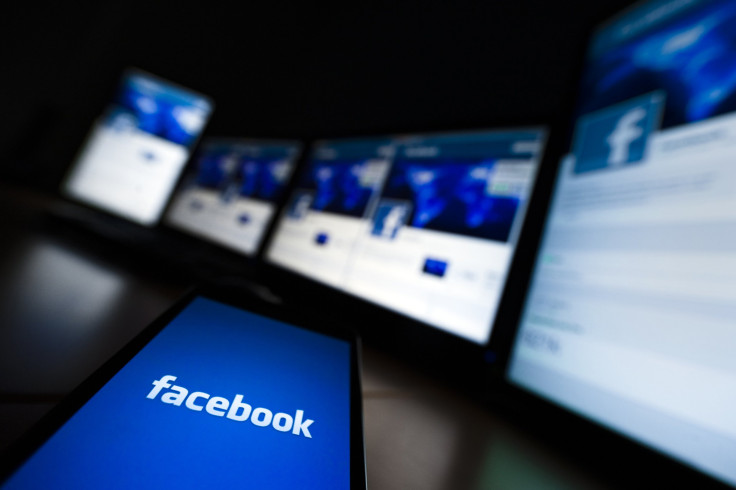Advertisers Like Facebook's New Targeting Plan, But What About Users?

Facebook Monday gave Madison Avenue two big things it wanted: a way to use Facebook data to target ads and an alternative to Google, which dominates the online ad market through DoubleClick. Facebook talked about the relaunch of Atlas -- an ad server it bought from Microsoft last year -- in wonky terms: “people-based marketing.” But it’s really a big expansion of Facebook’s ambition to replace the current currency of online advertising based on the browser cookie, with a Facebook ID.
The move won’t immediately tip the balance of the global online ad market. Today that’s dominated by Google, which controls 32.5 percent of the $120 billion global digital ad market, according to eMarketer. Facebook is a distant second at 5.8 percent.
Facebook won't even make much money from Atlas, at least directly. It will get ad serving fees from advertisers, but those have been driven down to fractions of pennies, meaning it will be a long time before Atlas shows up meaningfully on Facebook's balance sheet. Rather, Facebook hopes by proving digital ad spending leads to sales that it will lift all digital ad spending, and Facebook will benefit disproportionately.
But it does make Atlas a legitimate competitor to Google’s DoubleClick ad server, which touches an estimated 80 percent of online ads as they are shown to users on websites.
“First off, it’s a good thing to see other significant forces coming out to challenge the dominance of Google,” said Eric Litman, CEO of mobile ad company Medialets, which also competes with Google. “The jury is still out whether it will be adopted quickly. I know its an uphill battle but I also know the market wants alternatives to Google.”
Initially, Facebook will only allow the most basic information for off-Facebook ad targeting: age and gender. On Monday, Facebook COO Sheryl Sandberg quoted a stat that said up to 41 percent of online ads targeted at age and gender miss their intended targets.
Facebook’s 1.3 billion users spend an average of 21 minutes each day on the service. But even when they’re not on Facebook, most stay logged in on PCs and mobile devices, which means Facebook knows who they are, which is manna for advertisers.
“Within its platform Facebook knows people pretty darn well; what they like, what they say and if their privacy settings aren’t modified, where they go,” said Adam Kleinberg, CEO of San Francisco ad agency Traction.
The question is whether users will tolerate this use of their data provided to Facebook with the knowledge it would be used for advertising on Facebook, but not necessarily other websites.
If history is a guide, there will be some complaints, perhaps some additional interest in ad-free alternative social networks like Ello, and then well, nothing much. “[Facebook CEO] Mark Zuckerberg has made a career out of testing the waters to see how people react and then apologizing,” Kleinberg said.
Curiously, Facebook seems to be more focused on communicating with the ad world than with users on its plans. At an Advertising Week event Monday, Sandberg vowed not to share user data with advertisers, and a spokesman said Atlas "will honor the privacy settings of people on Facebook.”
Facebook users can control what types of ads they are shown in the newsfeed and limit marketer access to some personal data. They cannot, however, shield their age and gender from use in ad targeting.
© Copyright IBTimes 2024. All rights reserved.






















